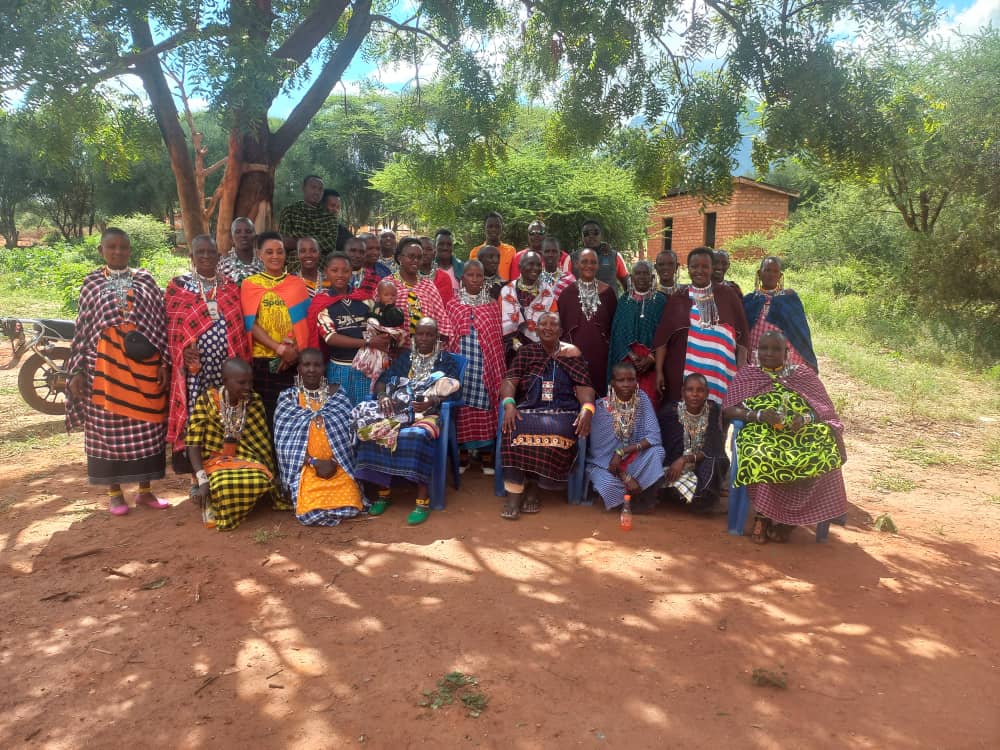
The project aimed at eliminating all types of gender-based violence under Recommendation 39 has made significant strides in transforming communities by raising awareness and empowering women and girls to stand up against discrimination and violence. This initiative has brought about notable changes both locally and nationally, positively affecting the lives of women and promoting gender equality.
Key Changes and Achievements
The project’s primary success has been empowering women to recognize the root causes of gender-based violence, such as fear, ignorance, and illiteracy. Women now understand their rights and know where to report cases of discrimination. Men have also become involved, attending training sessions, and showing a growing respect for women’s rights. The involvement of people living with disabilities further emphasized the inclusive nature of the training.
In terms of partnerships, the project fostered collaboration with government officials, local leaders, and indigenous women. This support helped raise awareness of women’s rights at local and national levels. The project has also expanded its reach to remote areas, spreading knowledge about gender-based violence to more women.
The project’s activities have led to concrete outcomes, such as increased visibility of the organization, empowerment of women on property ownership rights, and a reduction in harmful practices like female genital mutilation and early marriages. Furthermore, environmental conservation has gained momentum, with women participating in tree planting initiatives.
Collaboration and Lessons Learned
Strong partnerships with local leaders, professionals, and county officials have been instrumental in the success of the project. Men in the community have shown greater understanding and cooperation by attending meetings and supporting the fight against gender-based violence. The project has also raised awareness about women’s rights and created an environment where negative cultural practices, such as early marriage, are no longer tolerated.
The organization has encouraged women to invest in economic empowerment to reduce their dependency and vulnerability to violence. By promoting financial independence and environmental conservation, the project has fostered holistic growth in the community.
Challenges and Solutions
The project faced several challenges, including high illiteracy rates among women, which hindered their ability to fully grasp the training content. Additionally, drought conditions made it difficult for tree-planting efforts to succeed. Cultural norms also posed resistance to change, but ongoing awareness efforts have gradually shifted community mindsets.
Monitoring and Sustainability
The organization used questionnaires, interviews, and observations to monitor the progress of the project and ensure that the objectives were being met. Community engagement has been strong, with men and community leaders supporting women’s participation in the training sessions. The media and government officials have also played crucial roles in raising awareness about women’s rights and environmental conservation.
Way Forward
To further improve the project, the organization plans to engage all stakeholders in the community to increase participation in the workshops and training sessions. Using local language facilitators will improve understanding, and continuous follow-up will ensure that women can apply what they have learned. The organization is committed to ensuring that the project’s impact remains long-lasting, creating a community where women are free from violence and discrimination.
